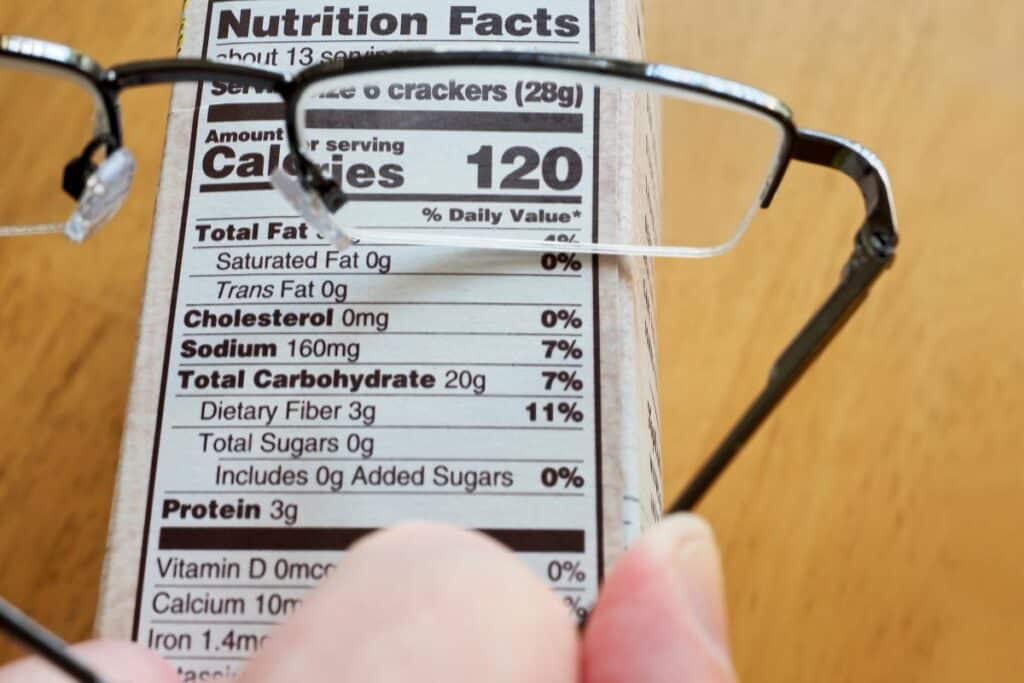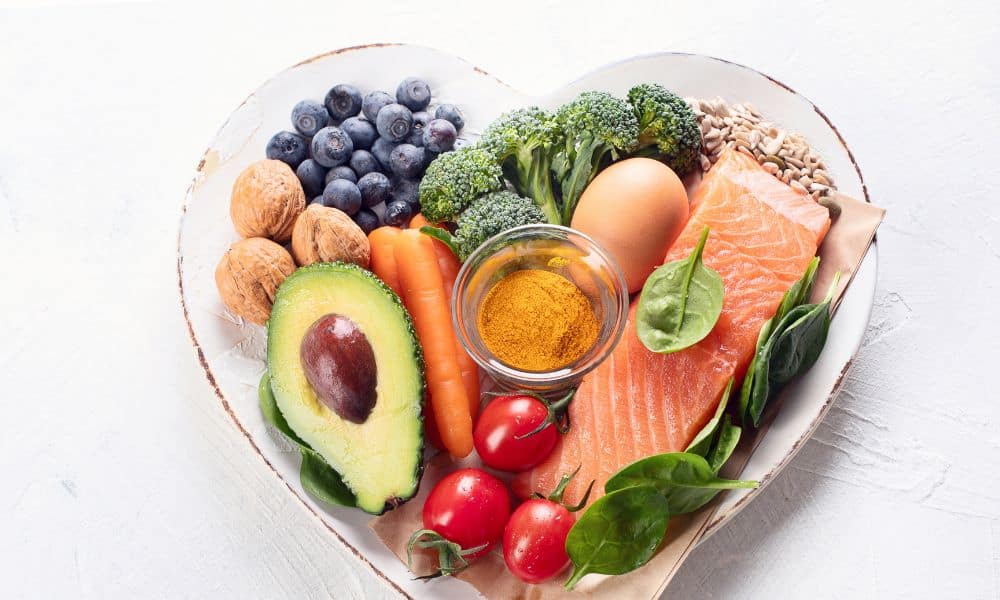Are you curious about the nutritional facts label and if you can rely on it to count calories correctly when trying to reach your fitness goals? When embarking on a journey towards improved health and fitness, one of the primary focuses is often on managing caloric intake.
The nutritional facts label on food products seems like a trustworthy source of information, providing us with essential details about the number of calories and nutrients in a serving. However, can we entirely rely on these labels when counting calories to achieve our fitness goals? Let’s explore the accuracy and potential pitfalls of the nutritional facts label.
Regulation and Standardization
In many countries, food manufacturers are legally required to provide accurate and standardized nutritional information on their product labels. Government agencies, such as the Food and Drug Administration (FDA) in the United States or the European Food Safety Authority (EFSA) in Europe, establish guidelines to ensure uniformity in nutritional labeling. While these regulations aim to maintain consistency, there may still be some variability in the accuracy of the stated values.
Permitted Margins of Error
Food labeling regulations often allow for minor margins of error, typically ranging from 5% to 20%, depending on the nutrient. This means that the actual caloric content of a food item might differ slightly from what is listed on the label. While these discrepancies are generally minor and may not significantly impact an individual’s overall caloric intake, they can add up over time. They may influence the effectiveness of strict calorie counting.
Serving Sizes
Another consideration is the serving size listed on the nutritional facts label. Food manufacturers have some flexibility in determining serving sizes, which may not always align with what individuals consider a reasonable portion. Many people tend to underestimate their actual portion sizes, leading to inaccuracies in calorie counting.
Homemade and Unpackaged Foods
While the nutritional facts label is helpful for pre-packaged foods, counting calories accurately for homemade meals or items without labeling becomes challenging. In these cases, relying on food scales and online nutritional databases may help estimate calorie content, but there may still be uncertainties.
Nutrient Absorption
Calories listed on the nutritional facts label represent the total energy content of a food item, but our bodies may not absorb and utilize all the calories present. For instance, dietary fiber passes through the digestive system primarily undigested, and some calories are lost during its elimination. Additionally, cooking, processing, and food combinations can influence nutrient bioavailability. These factors can affect the actual number of calories our bodies extract from a given food.
Human Error in Labeling
Food manufacturers may occasionally make errors in labeling, leading to inaccuracies in the stated nutritional information. Such mistakes can be accidental, but they can have significant implications for individuals who rely heavily on the accuracy of these labels for their fitness goals.
Conclusion
While the nutritional facts label is a valuable tool for gaining insights into packaged foods’ caloric and nutrient content, it may not be entirely foolproof. Permitted margins of error, variations in serving sizes, and inaccuracies in homemade or unpackaged foods can all impact the precision of calorie counting. Nevertheless, the nutritional facts label remains a helpful guideline for making informed choices about our food intake.
For those who prioritize precise calorie counting for specific fitness goals, it is essential to remember that no method is entirely flawless. Variability and individual differences should be considered, and it may be beneficial to complement calorie counting with mindful eating, portion control, and attention to hunger and satiety cues. Consulting with a registered dietitian or nutrition expert can also provide personalized guidance to optimize your nutritional intake and reach your fitness objectives effectively.
If you are on a weight loss journey, share this article on Facebook or Twitter to help others learn more about losing weight.




